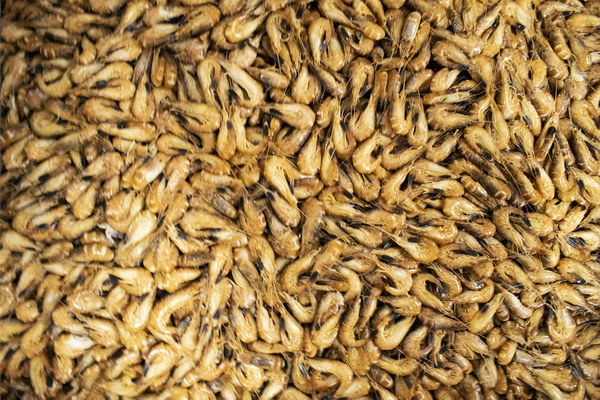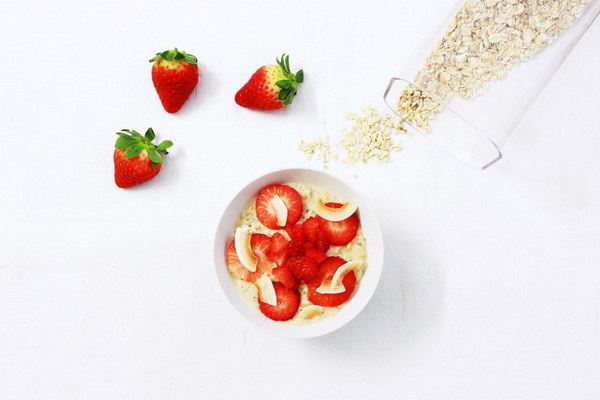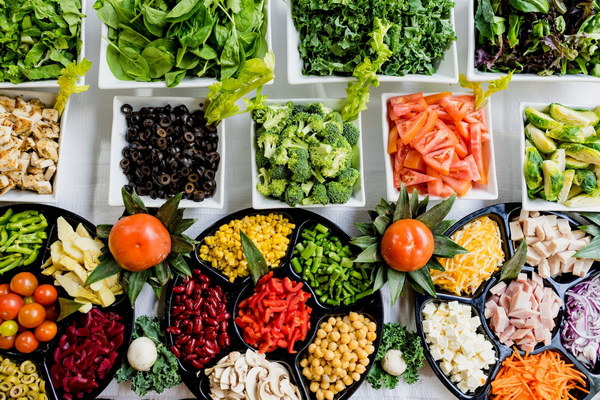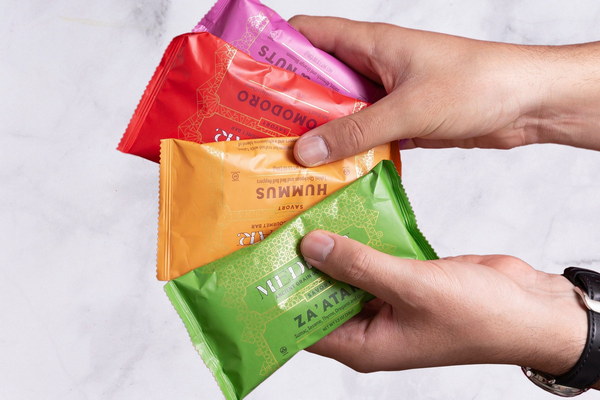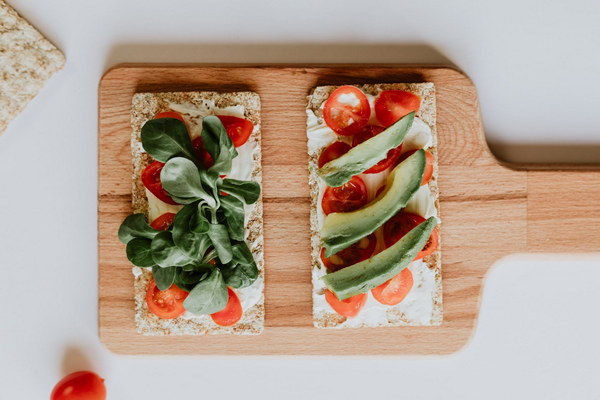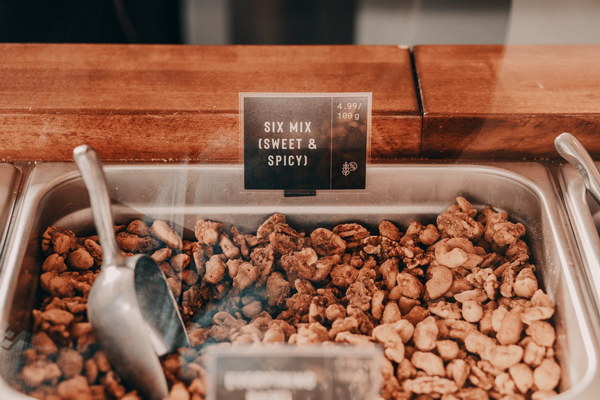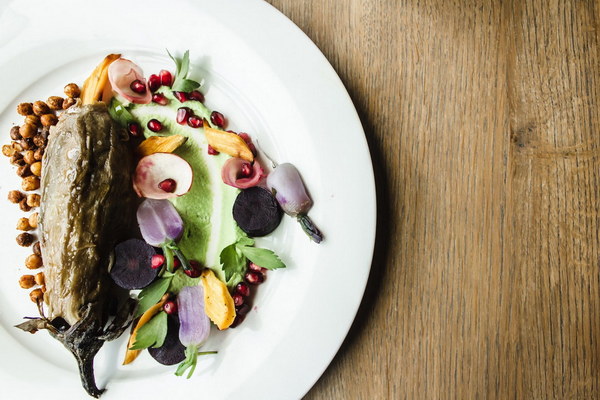Mango A Fruit That Can Either Age You or Keep You Young - The Great Debate!
The world of nutrition is filled with debates, and one of the most intriguing discussions revolves around the effects of mangoes on aging. While some health enthusiasts claim that mangoes have anti-aging properties, others argue that they can actually accelerate the aging process. So, which is it? Let's dive into the great debate and uncover the truth about mangoes and aging.
Proponents of the anti-aging benefits of mangoes argue that this vibrant and delicious fruit is packed with antioxidants. These antioxidants, such as vitamin C, vitamin A, and flavonoids, have been shown to combat free radicals, which are unstable molecules that can damage cells and contribute to aging. By neutralizing free radicals, mangoes may help protect the skin from damage, reduce the risk of chronic diseases, and even slow down the aging process.
One of the most compelling pieces of evidence supporting mangoes' anti-aging properties is their high vitamin A content. Vitamin A is essential for healthy skin, as it plays a crucial role in cell turnover and repair. By promoting the growth of new skin cells and speeding up the elimination of old ones, mangoes can help maintain a youthful appearance.
Furthermore, the vitamin C in mangoes is another key player in the fight against aging. This potent antioxidant not only helps protect the skin from UV damage but also supports the production of collagen, which is essential for maintaining skin elasticity and firmness. As we age, collagen production naturally decreases, leading to wrinkles and sagging skin. Consuming mangoes rich in vitamin C may help counteract this decline and keep the skin looking plump and youthful.
On the other hand, some experts argue that mangoes can actually accelerate the aging process. One of the main concerns is the high sugar content in mangoes. High sugar intake has been linked to inflammation, which can damage cells and accelerate aging. Additionally, excessive sugar consumption may lead to insulin resistance, a condition that can contribute to the development of chronic diseases such as diabetes and cardiovascular disease, both of which are associated with aging.
Another factor that may contribute to mangoes' potential to accelerate aging is their high fructose content. Fructose, a type of sugar, has been shown to have a more significant impact on blood sugar levels and insulin sensitivity compared to glucose. This may lead to increased oxidative stress and inflammation, which can contribute to the aging process.
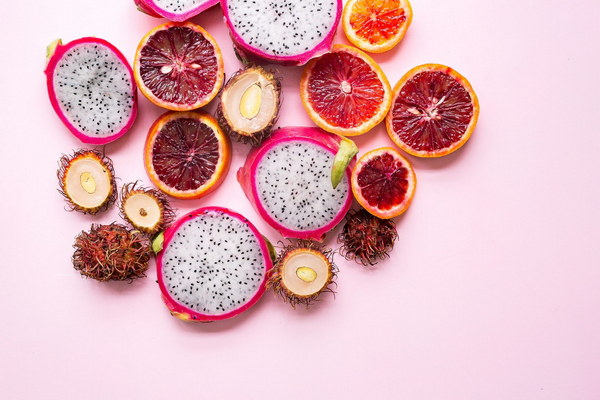
So, what's the bottom line? While mangoes may have some potential to accelerate the aging process due to their high sugar content, the benefits of their antioxidants and other nutrients likely outweigh the drawbacks. To maximize the anti-aging benefits of mangoes, it's essential to consume them in moderation and as part of a balanced diet.
In conclusion, the great debate over whether mangoes are anti-aging or aging-accelerating can't be resolved with a simple yes or no. However, it's clear that incorporating mangoes into your diet in moderation can provide numerous health benefits, including potential anti-aging effects. So, enjoy your next serving of this delicious fruit with the knowledge that it may be doing your body (and skin) a world of good!


